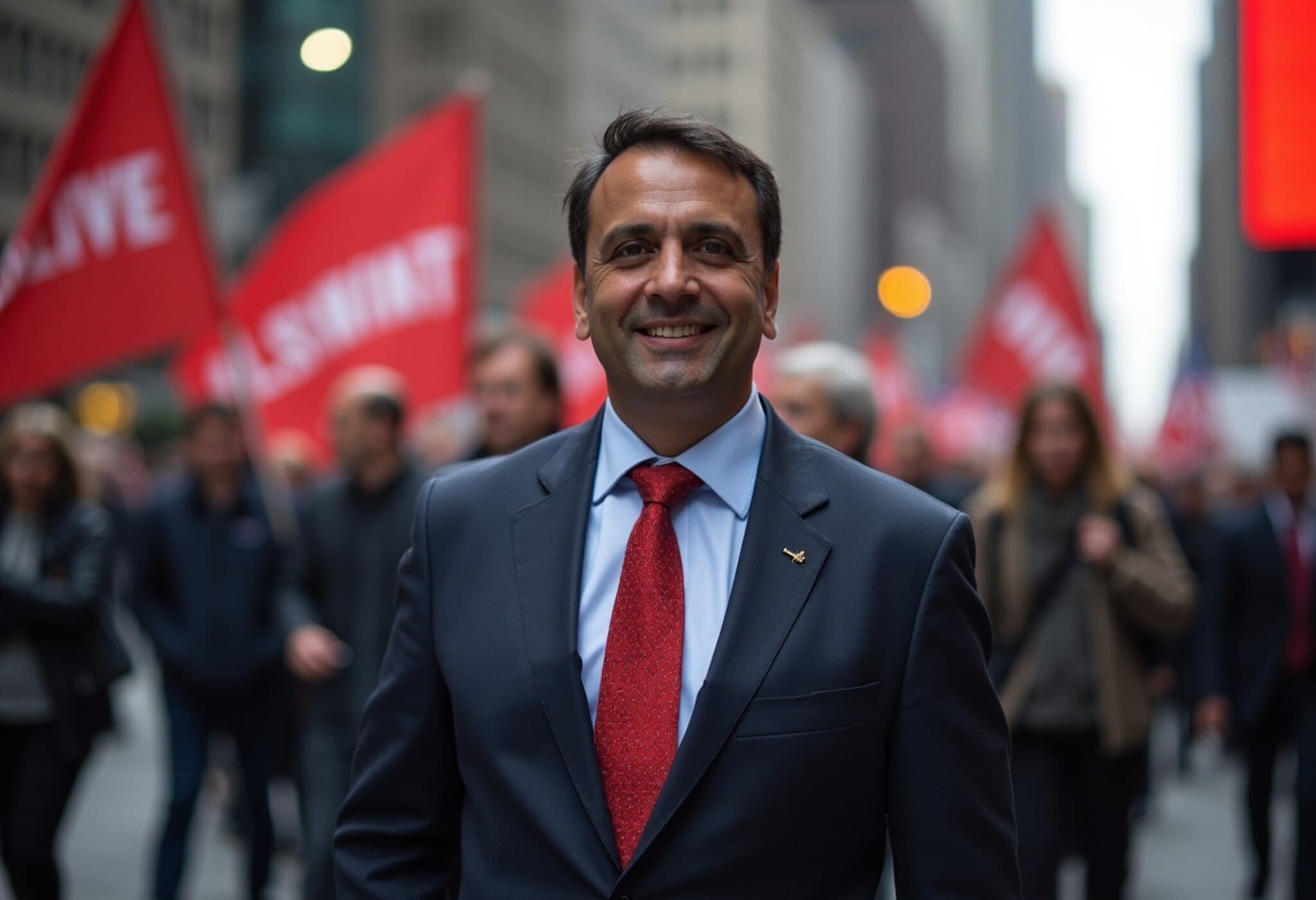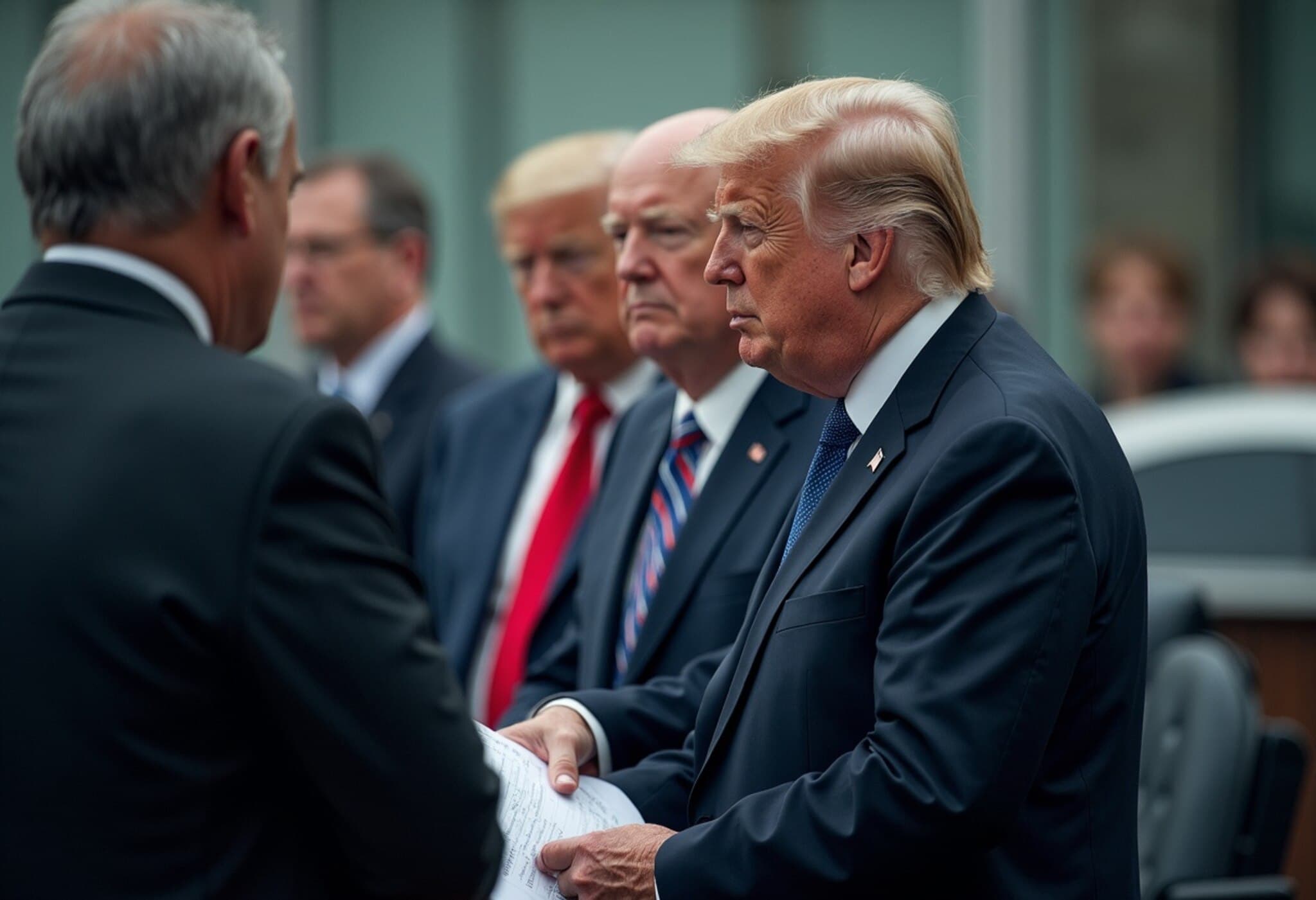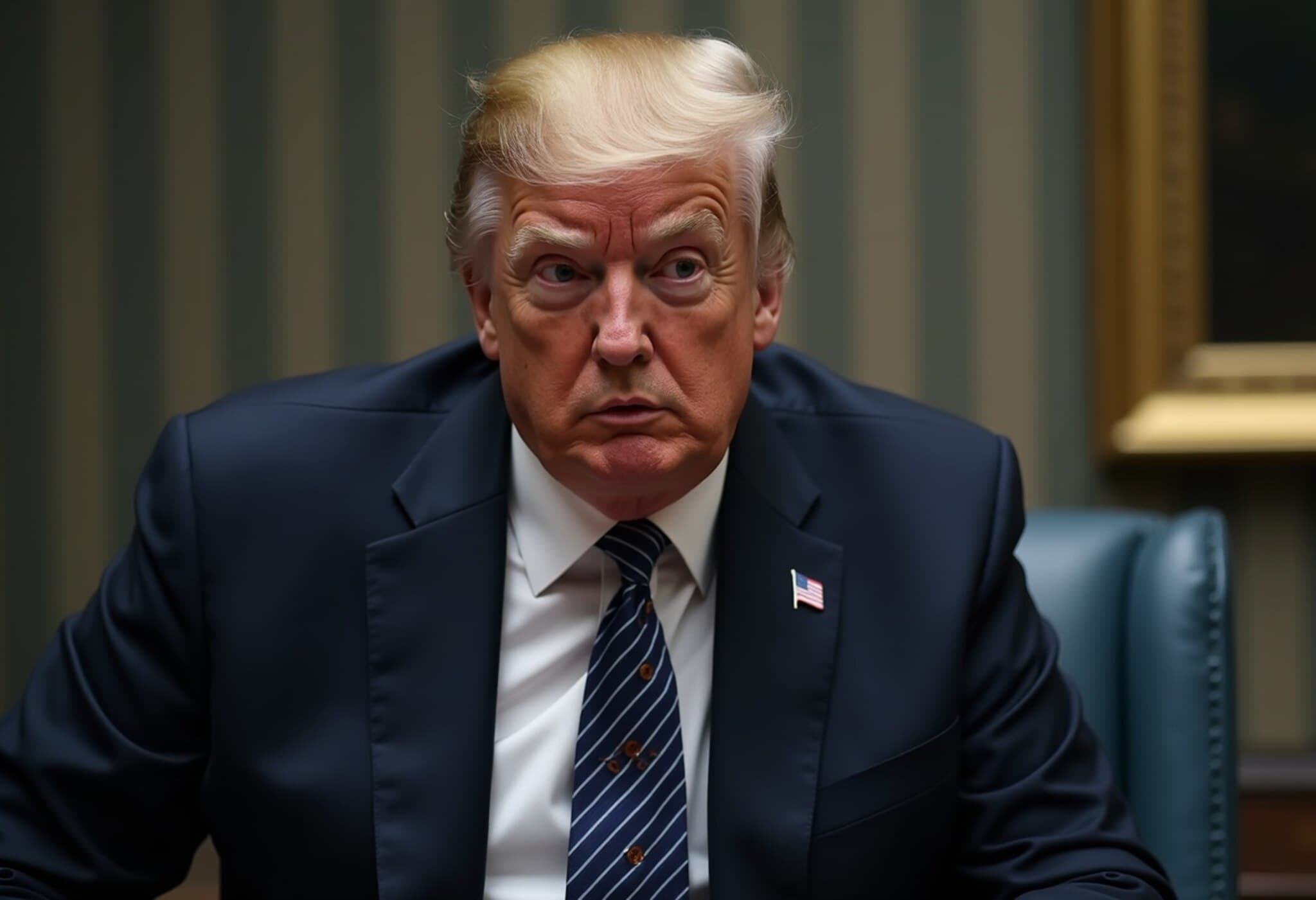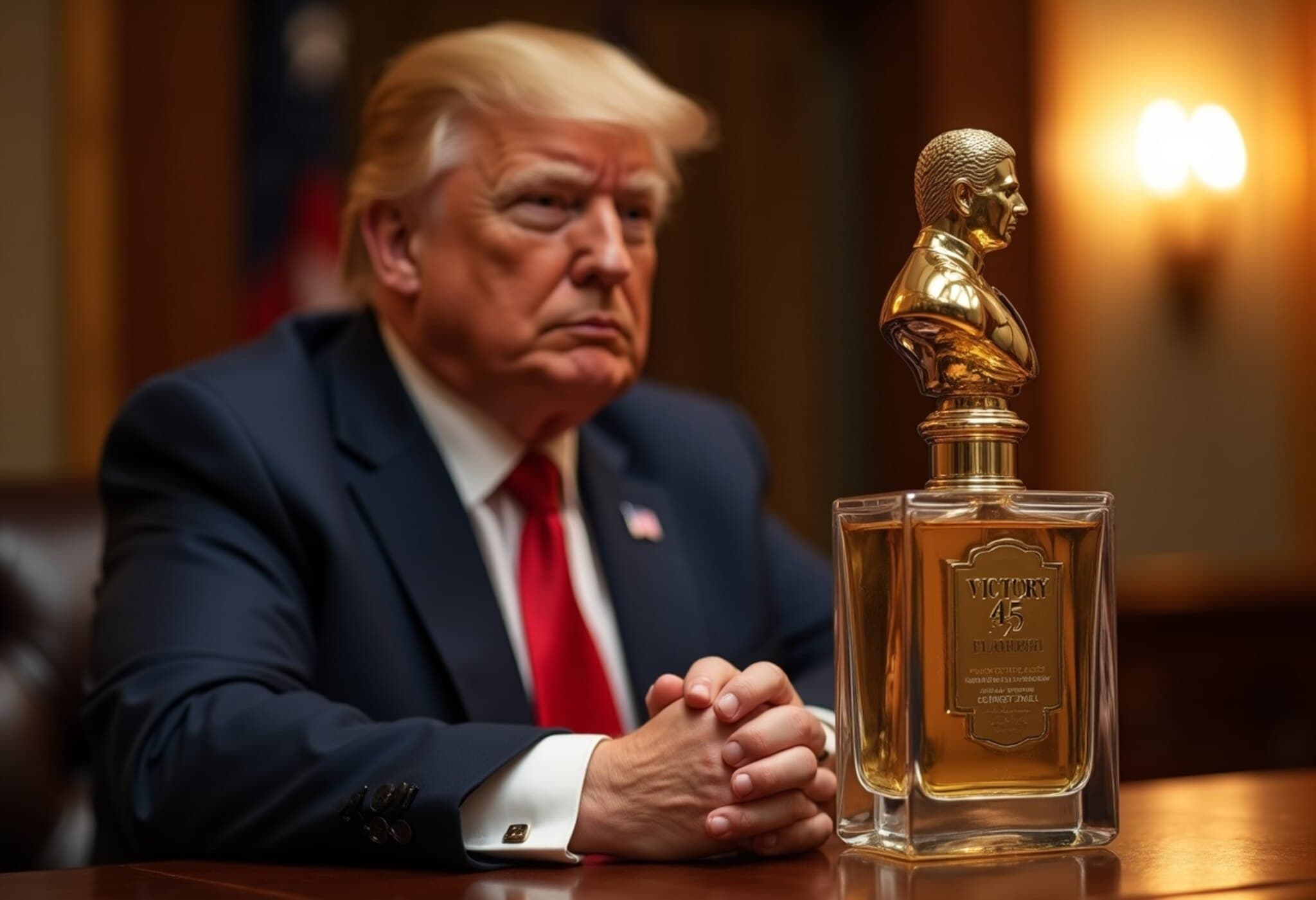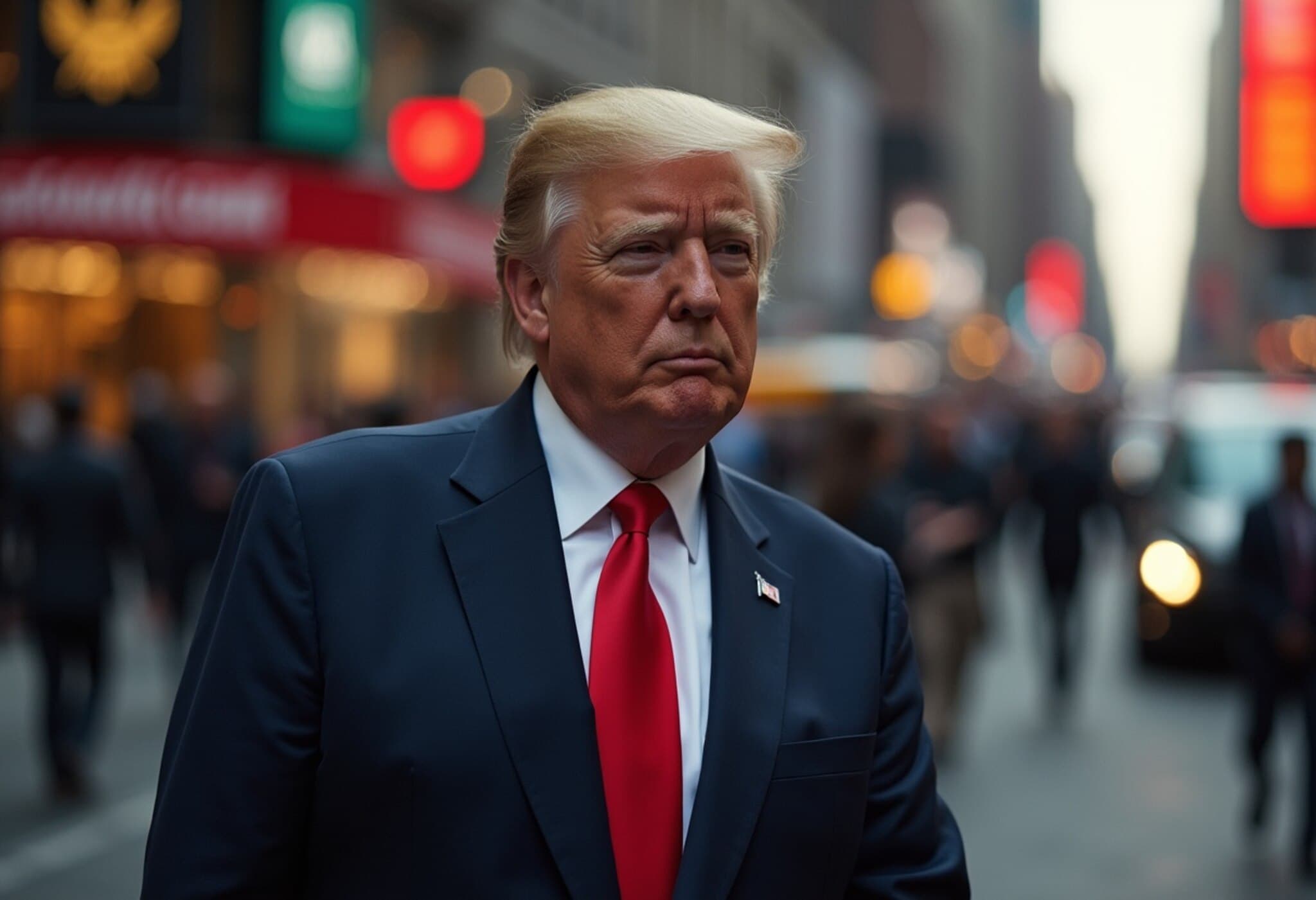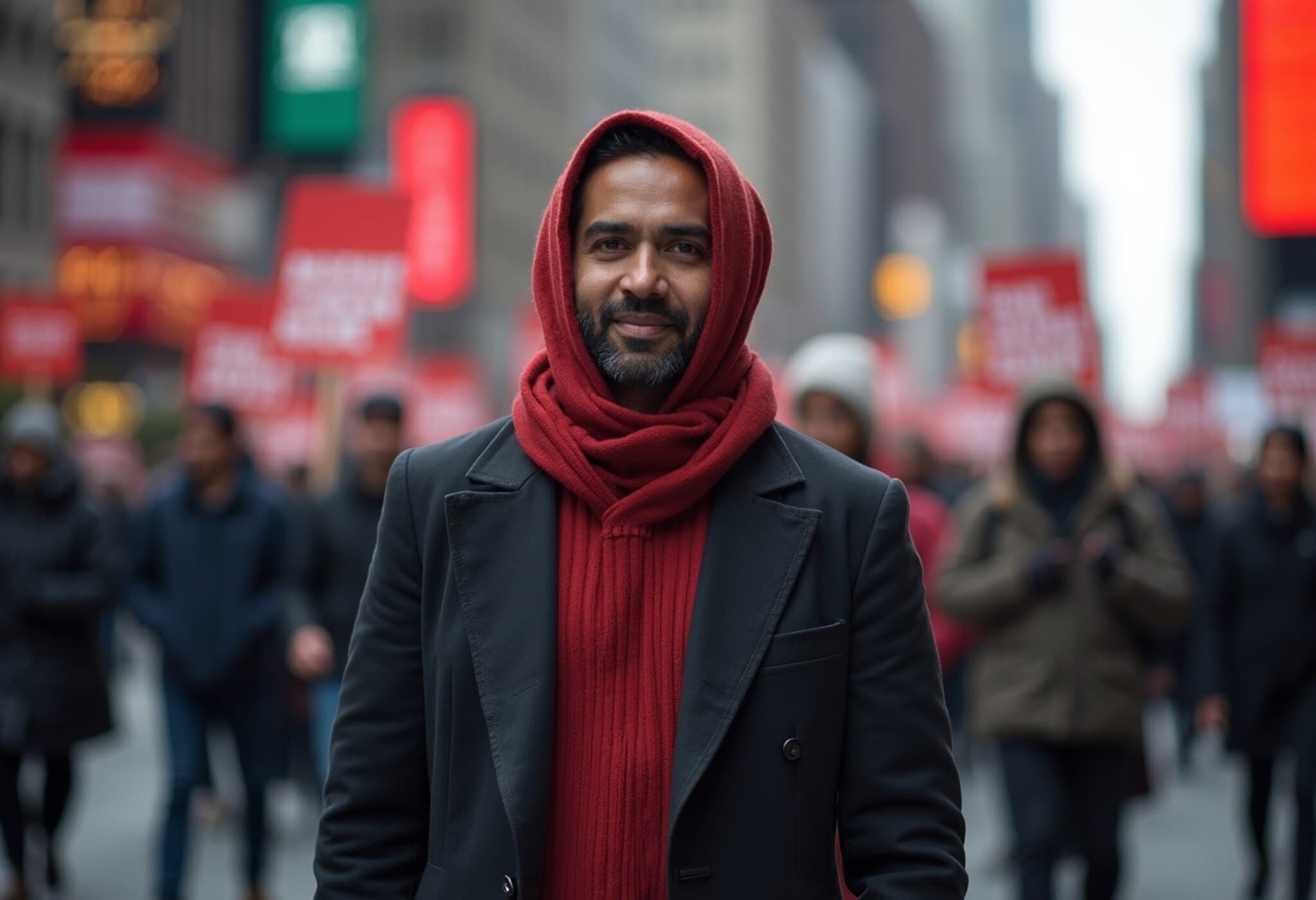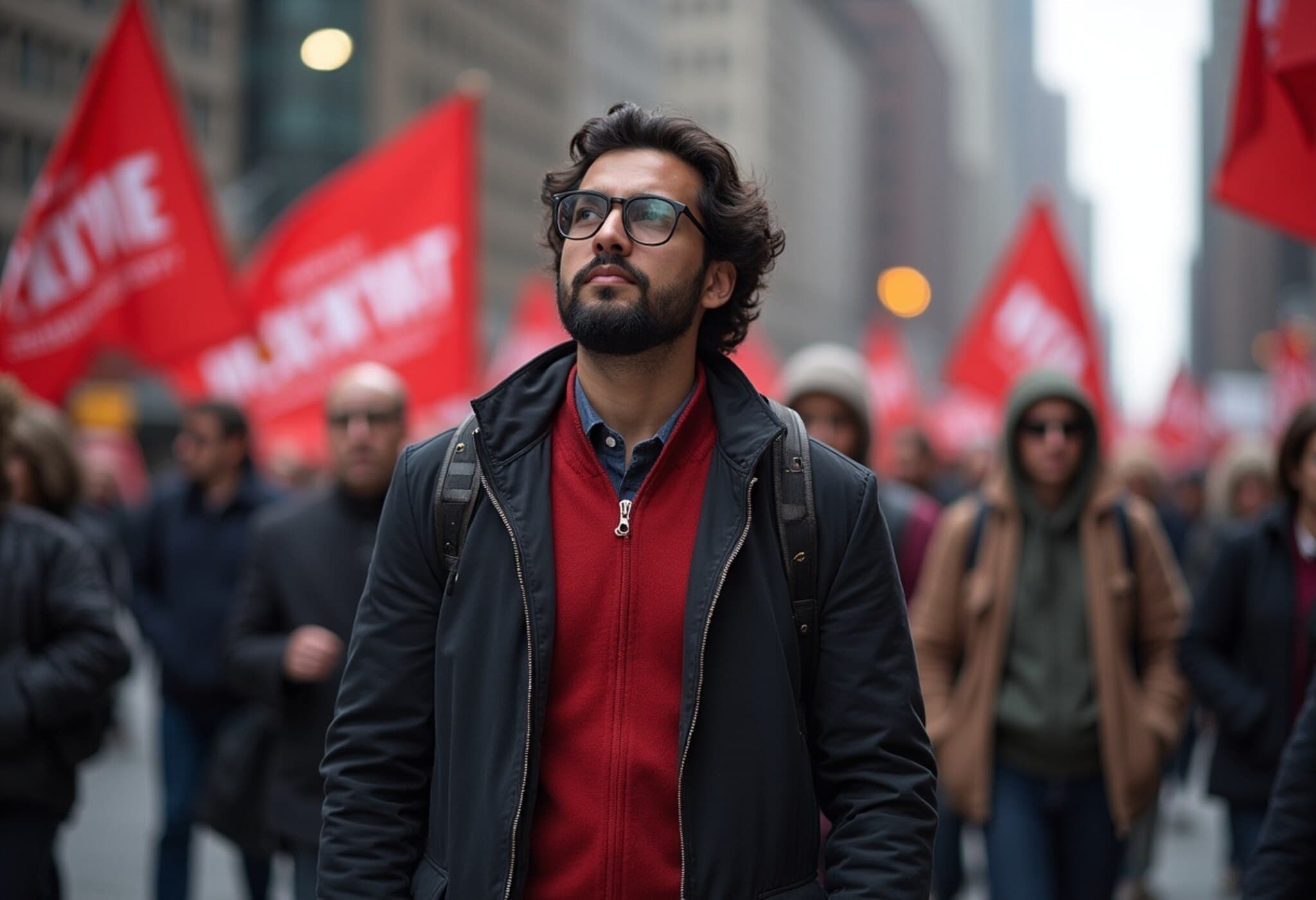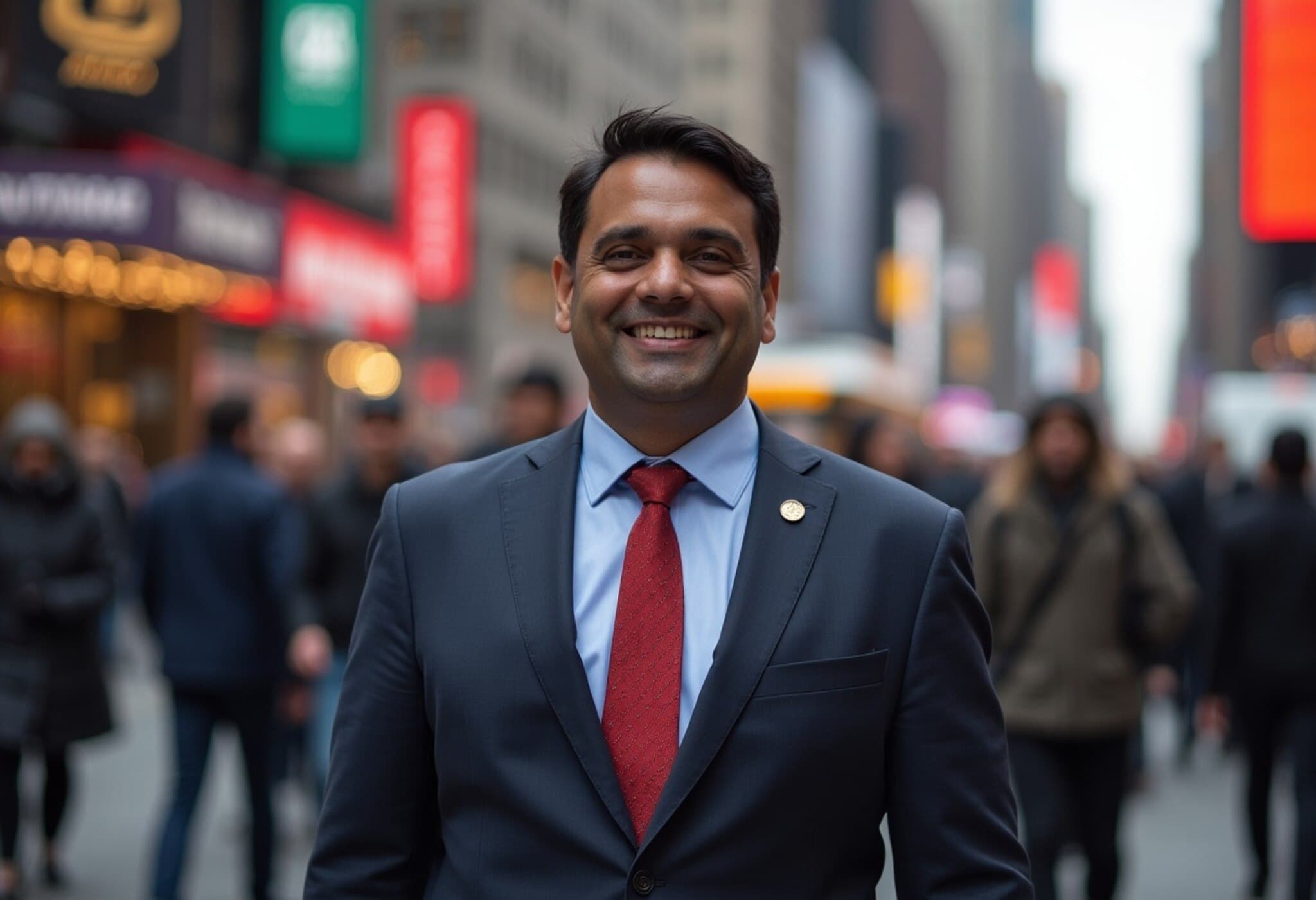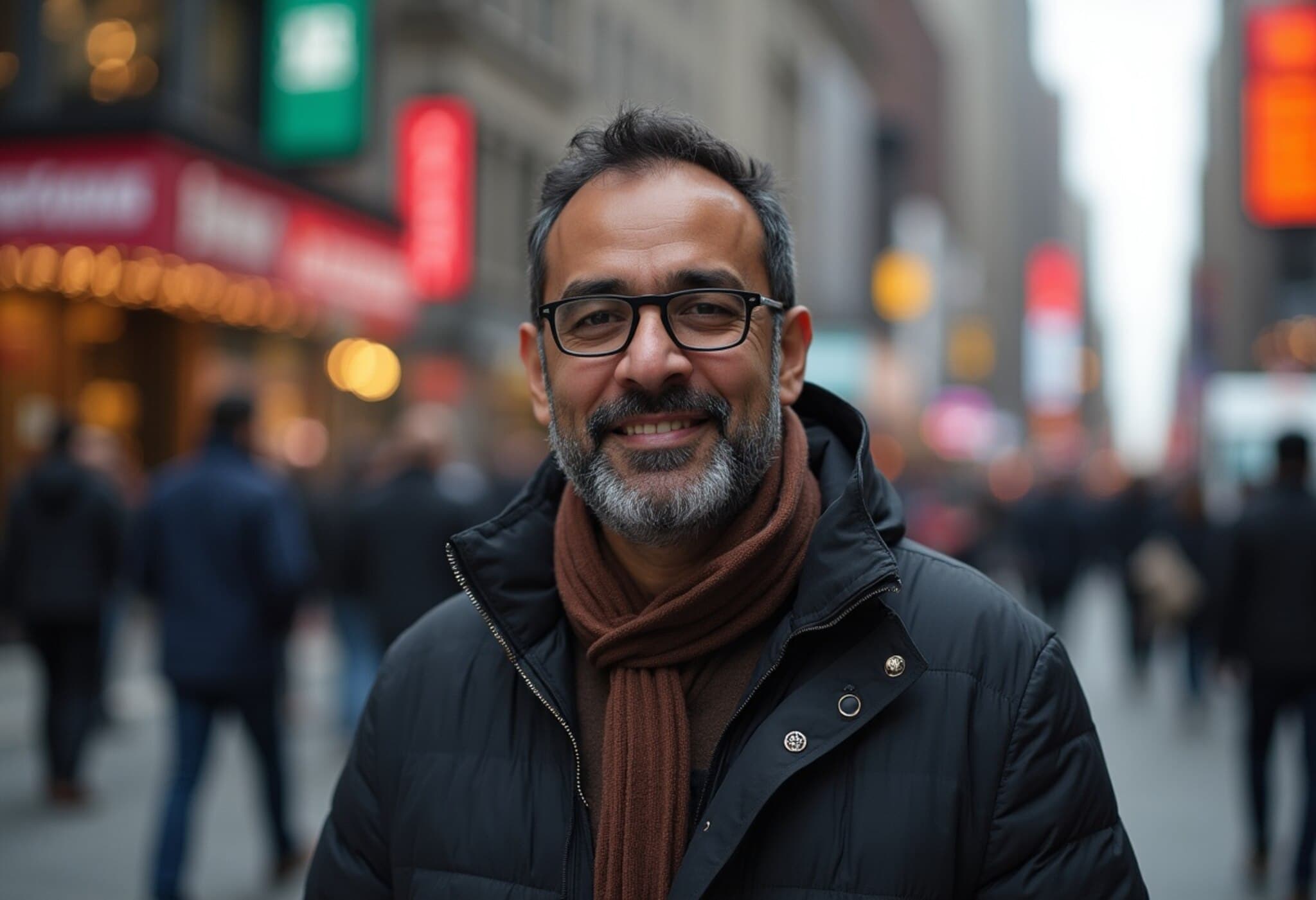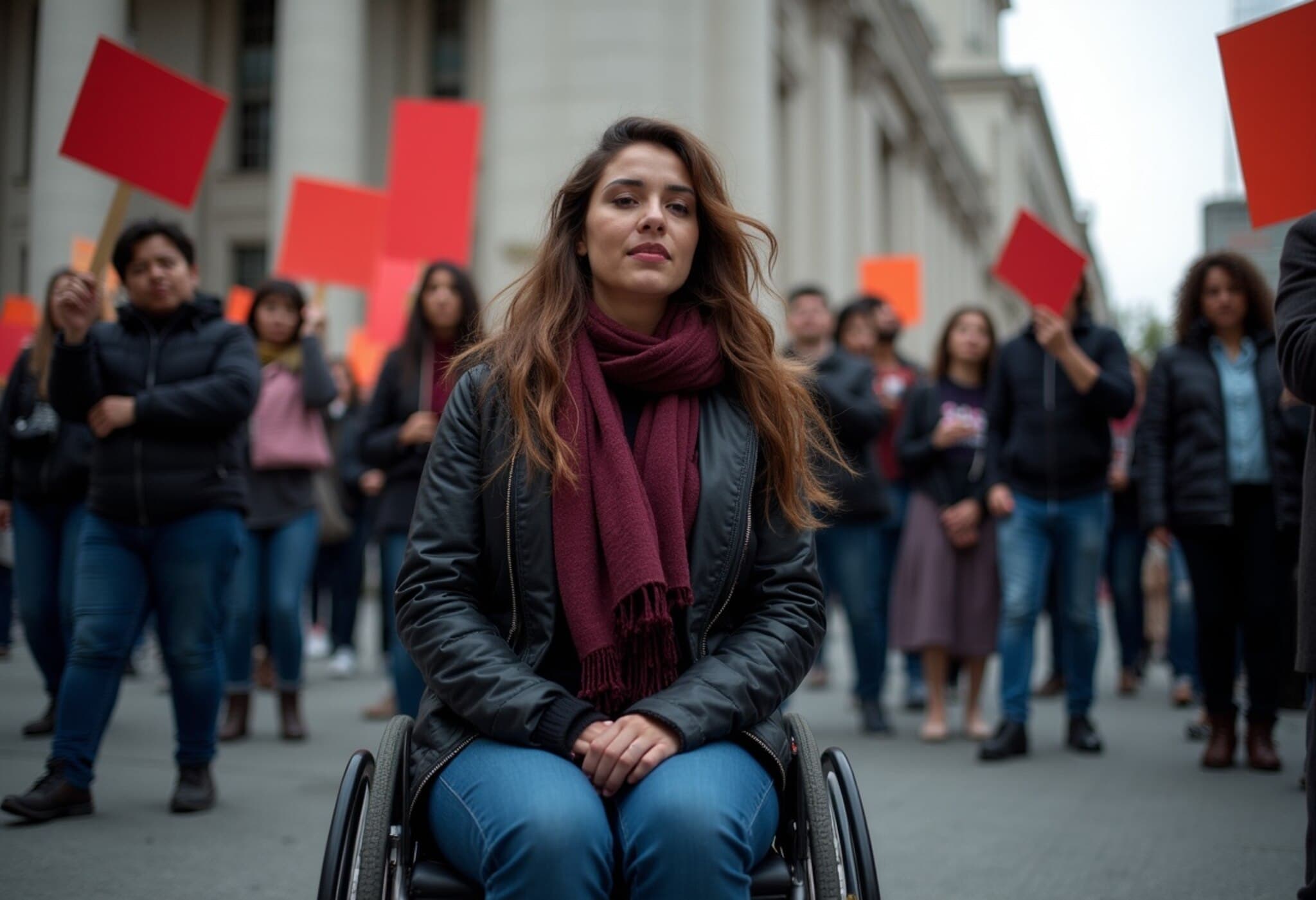Zohran Mamdani’s Unexpected Win Stirs Wall Street Anxiety
Wall Street’s reaction to State Representative Zohran Mamdani’s victory in the Democratic primary for New York City mayor has been far from muted. The three-term Assemblymember’s rise, backed by his democratic socialist platform, has many financial heavyweights worried about potential impacts on the city’s economic landscape.
Investor Fears: Tax Hikes and Tighter Regulations on the Horizon?
Mamdani’s advocacy for increased taxation and stricter regulation, particularly targeting the ultra-wealthy and financial sectors, challenges the city’s traditional pro-business climate. His support for taxing financial transactions, dividends, and a state-level wealth tax has Wall Street insiders uneasy about the prospect of an investment exodus.
Notably, Philippe Laffont, founder of a prominent hedge fund firm, expressed concerns that Mamdani’s potential mayoralty could trigger a fresh wave of wealthy residents and businesses relocating to low-tax states like Florida and Texas—a trend already accelerated by the pandemic.
Adding to the unease, billionaire investor Bill Ackman admitted feeling “a bit depressed” over the election results, hinting at efforts to back an alternative candidate. Meanwhile, Lawrence Summers, former Treasury Secretary, condemned Mamdani’s nomination, criticizing his economic policies and emphasizing the gravity of the situation for both the city and the Democratic Party.
Market Reactions and Real Estate Concerns
The stock market has already reflected Wall Street’s apprehension. Shares of regional banks with New York exposure fell nearly 4%, while major office real estate stocks dropped between 6% and 7% amid the looming threat of universal rent control policies championed by Mamdani. The mayor’s power to appoint representatives to rent control boards only deepens these worries.
Given that only about 20,000 apartments remain rent-controlled out of over a million multifamily units, any freeze or reduction in rent increases could substantially impact landlord revenues, contributing to jitters in the real estate sector.
Industry expert Jim Bianco captured the sentiment succinctly, warning that the city may be heading for what he described as “suicide by mayor.”
Business Community on Edge: ‘Terror Is the Feeling’
Beyond financial markets, leaders within the business community are sounding alarms. Kathryn Wylde, president of a major New York City business partnership, revealed that the prevailing mood among corporate executives and investors is one of anxiety and fear.
Wylde pointed out that while New York still retains many strengths, the city’s future hinges on maintaining confidence in its leadership. She urged state officials, especially Governor Kathy Hochul, to prevent the city from sliding into a “disaster” through balanced governance.
Despite recognizing the city’s high cost of living and operating expenses, Wylde argued that simply raising taxes is not a viable solution to underlying challenges.
Political Landscape and Historical Parallels
Interestingly, the Upper East Side—a bastion of New York’s wealthiest residents—showed strong support for former Governor Andrew Cuomo, with some precincts delivering over 70% of first-choice votes for him. This highlights a divide in the city’s electorate, contrasting sharply with Mamdani’s progressive agenda.
While concerns echo the unease during Bill de Blasio’s 2013 win, there is cautious optimism. De Blasio managed to ease tensions by engaging directly with business leaders before enacting policy changes.
Laffont expressed hope that Mamdani might follow a similar path, emphasizing New York’s resilience despite challenges.
Looking Ahead
Mamdani's victory clearly signals a shift in New York City's political climate, with significant uncertainty about its economic repercussions. The business community and investors are bracing for upcoming decisions that could reshape the city’s financial and regulatory environment.

